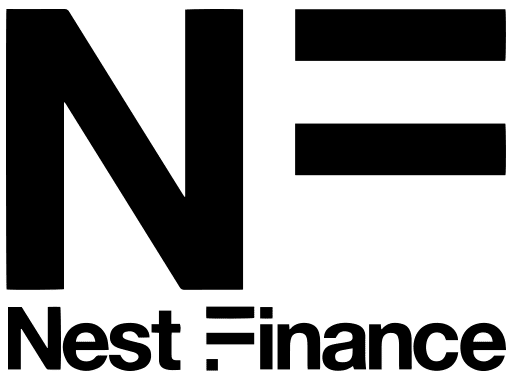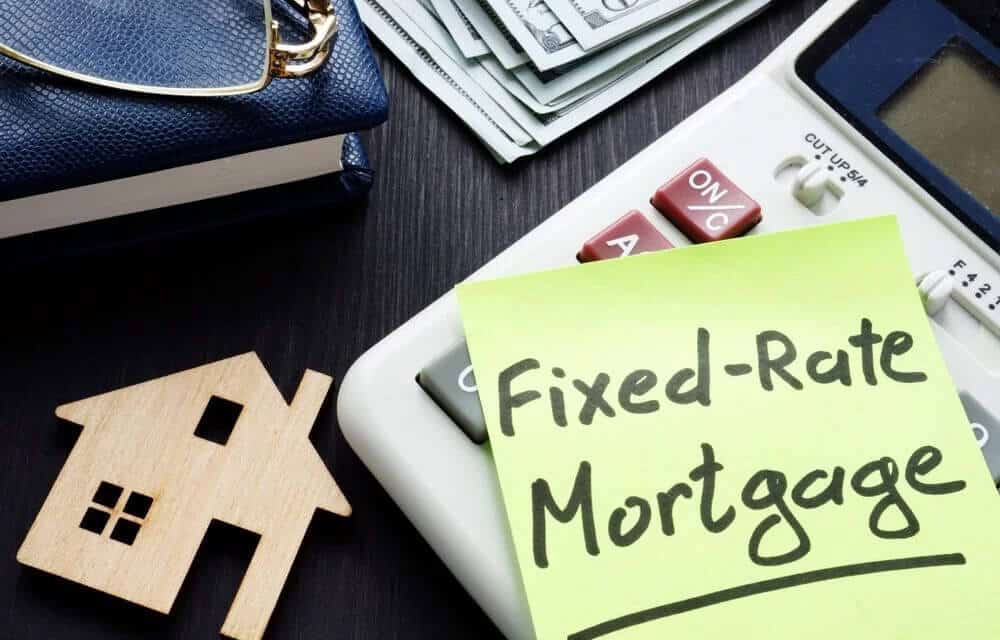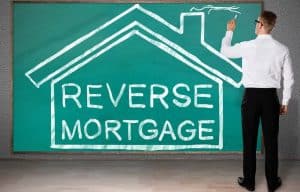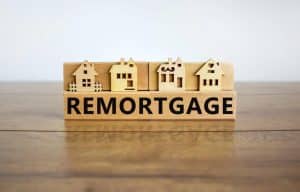With fixed-rate mortgages, your monthly repayments are guaranteed to stay the same for a set period of time. This enables you to budget and plan your finances.
What is a fixed-rate mortgage?
A fixed-rate mortgage offers a fixed interest rate for a certain period, usually two, three, five or 10 years.
The alternative to a fixed-rate mortgage is a variable-rate mortgage, which comes in various different guises as listed below. With variable mortgages, the interest rate – and thus your monthly repayments – could go up or down every month.
Other types of mortgage and their interest rates
The following are all different types of variable mortgages:
- Variable mortgages are based on the bank or building society’s standard variable rate (SVR), which usually follows the Bank of England’s base interest rate. This is the rate your mortgage will revert to once your fixed-rate or discount-rate deal has ended and is usually very costly.
- Tracker mortgages are explicitly linked to the Bank of England (BoE) base rate. A tracker mortgage might have an interest rate of 2%, plus the BoE base rate of 0.75%, for a total of 2.75%. If the base rate goes up by another 0.5% your mortgage’s interest rate would then be 3.25%, and your monthly repayments would increase accordingly.
- Discount-rate mortgages are based on a lender’s SVR, but with a discounted initial period. So, if the discount rate is 2% for two years, you’ll pay 2% less than the lender’s SVR for that amount of time. For example, if the SVR is 5%, you’ll pay 3% – and if the SVR increases to 5.5%, you’ll pay 3.5%. When the discount period ends, you’ll be put on the lender’s SVR.
- Capped mortgages are variable mortgages with an upper cap to your monthly repayments, providing an element of security in a similar way to fixed-rate mortgages. However, unlike fixed-rate mortgages, if interest rates go down so do your monthly repayments. This type of mortgage is pretty rare.
Should I get a fixed-rate mortgage?
The main advantage of fixed-rate mortgages is that you can be sure your monthly repayments will stay the same for the duration of the offer, be it two, three, five or 10 years. Even if the Bank of England base rate goes up, your interest rate will stay the same, potentially “saving” you thousands of pounds.
Most first-time buyers opt for fixed-rate mortgages because it provides security and peace of mind, but the trade-off is that you’re essentially locked into the deal for the fixed period. If the base rate drops, you’re stuck paying the same rate and might “lose” a lot of money versus the tracker and discounted mortgages.
It’s also important to note that most fixed-rate mortgages will penalise you for overpaying too much, or charge you hefty exit fees if you remortgage or switch mortgages before the fixed-rate period ends. Make sure you fully educate yourself, and try to think long-term when making your decision: will your personal and financial situations be the same a couple of years from now?
Fixed-rate mortgage FAQs
What Happens When My Fixed-Rate Period Ends?
You’re automatically moved to the lender’s SVR, which will likely be a lot higher than your fixed rate (currently around 5%). Your monthly repayments will increase accordingly.
Can You Pay Off Your Fixed-Rate Mortgage Early?
You can, but be sure to check the details of your mortgage: most lenders will levy an early repayment charge (ERC). Likewise, if you switch to another lender, you will probably be hit with an ERC – which could be thousands of pounds. Some fixed-rate mortgages let you overpay a certain amount per year (usually up to 10%) without charging an ERC.
How Long Can I Fix My Interest Rate For?
Provided you meet the necessary criteria, most lenders will offer fixed-rate mortgages for two, three, five and 10 years.
If you are nearing the end of your current deal and want to remortgage but think you may move house before a new deal is up, make sure it is portable. This means you will be able to take your mortgage from one property to another without being charged, though there may be other charges like valuation, conveyancing and home survey fees.
Is The Lowest Fixed Rate Always The Best?
No – having the lowest interest rate does not always mean you’ll have the smallest monthly repayments. Arrangement, booking and set-up fees can cost thousands and if added on to your mortgage, would push your monthly payments up. Repeatedly remortgaging at the end of a short term could be very costly, so don’t just get sucked in by an attractively low interest rate.
Your home may be repossessed, if you fail to keep up with your mortgage payments.





